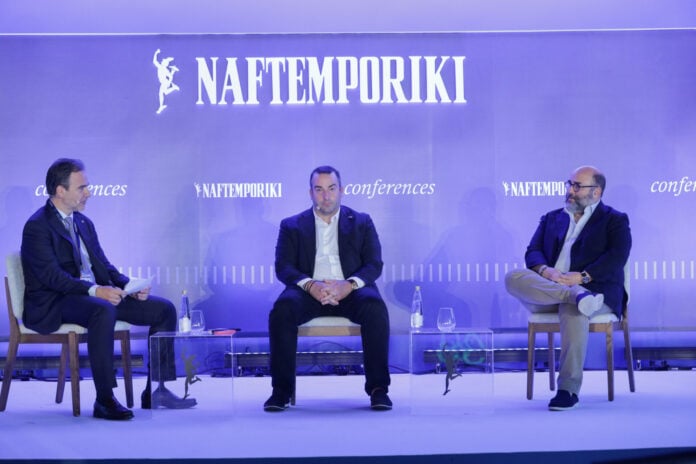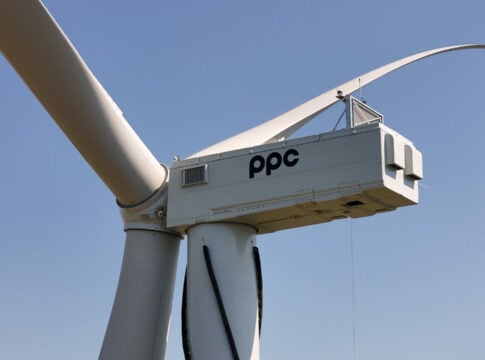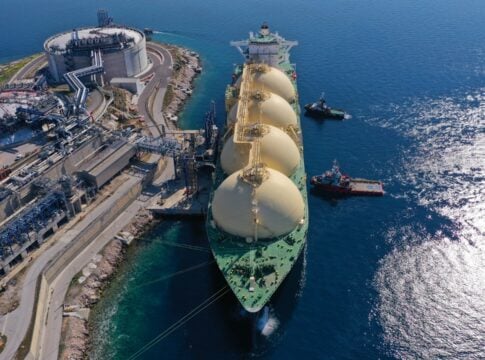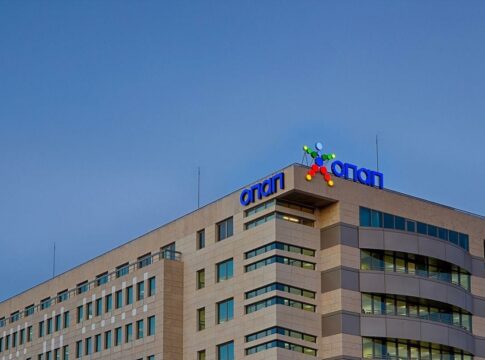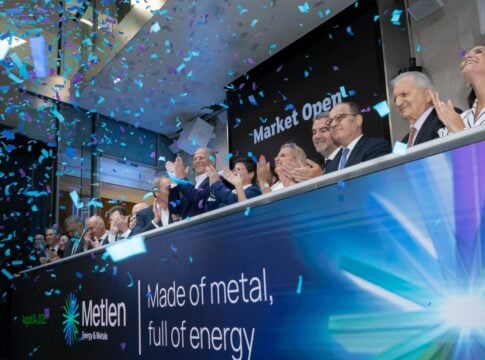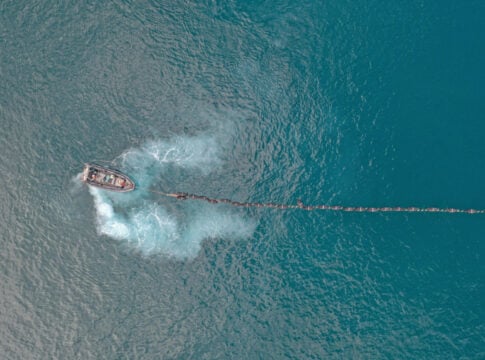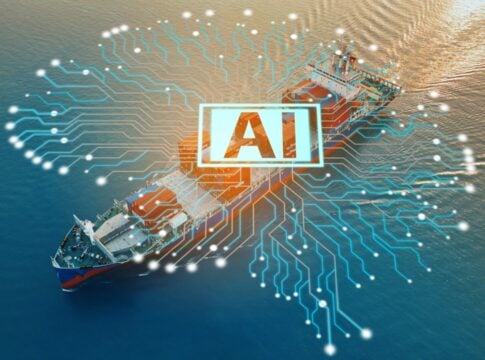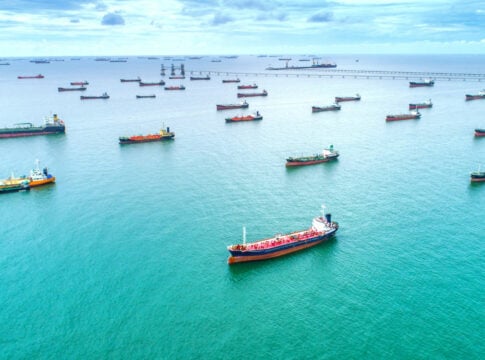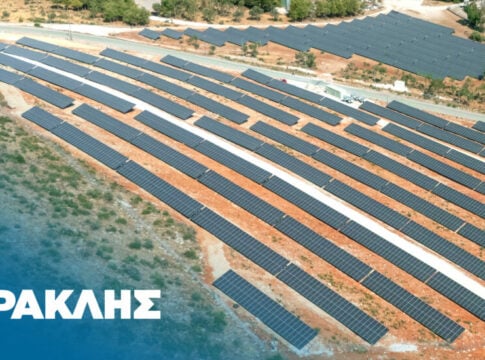International pressures on shipbuilding, ship prices and the strategic choices of shipping companies dominated the second panel of the 9th Naftemporiki Shipping Conference, on the topic “The Future of Shipping: Shipbuilding & Financing – How are they progressing and on what terms?”.
Haris Vafias: We are closing a 20-year chapter away from China, but…
Haris Vafias, founder of Stealthgas Inc., Imperial Petroleum Inc., and C3iS Inc., referred to his company’s strategic shift towards used Japanese cargo ships over the last two years, while recalling that Stealthgas has ceased shipbuilding in China since 2009. “We are closing 20 years away from China in a short time,” he noted.
However, with the saturated shipyards in Korea and Japan, the picture is changing: “China is gradually edging out its competitors in shipbuilding. It is more flexible, cheaper, and faster in deliveries. Today, it is the only option,” he stressed, leaving reservations about whether Trump’s recent announcement to impose port fees on Chinese ships will ultimately take effect.
When asked about the US and India as shipbuilding players, he replied: “American shipyards cannot compete with the prices of China, Japan and Korea. India, due to cheap labor, may gradually develop into a competitive player.”
Georgios Giouroukos: “Buy when others are afraid”
Georgios Giouroukos, Founder of Technomar Shipping Inc, highlighted an aggressive investment strategy based on Warren Buffett’s saying: “Be aggressive when others are afraid.”
As he said, “when prices are really bad, I buy large quantities of ships. We are not ordering today – ships are very expensive, even used ones, compared to what you can earn.”
Referring to the quality of Chinese shipbuilding, he noted: “China will always build ships inferior to Japan and Korea. It is as if you buy a Hyundai instead of a BMW or an Audi. The way to improve a ship is the science of fluid dynamics – a complex calculation without end.”
About India, he expressed skepticism: “They are really very smart, but they are not as hardworking as the Chinese, Japanese or Koreans who are ‘soldiers’. I don’t think Indian shipyards will become highly competitive. We had experience with a ship from India – it was incredible what we had to deal with.”
The new challenges: Cost, green transition and ESG
The panel highlighted the difficulties that shipping companies are facing today in terms of rising shipbuilding costs, pressured choices in shipyards and financing the energy transition. There was a particular discussion around ESG-linked loans and “green” financing, with questions about whether the choice of appropriate financing tools is simply a matter of cost (“Pricing”) or a broader strategy.


